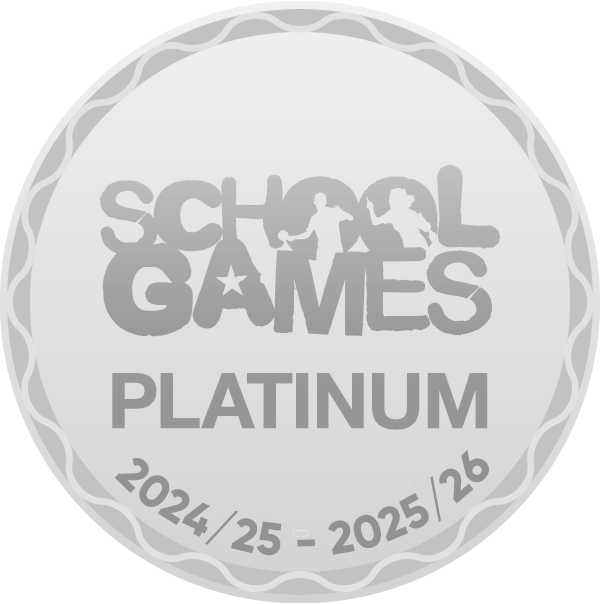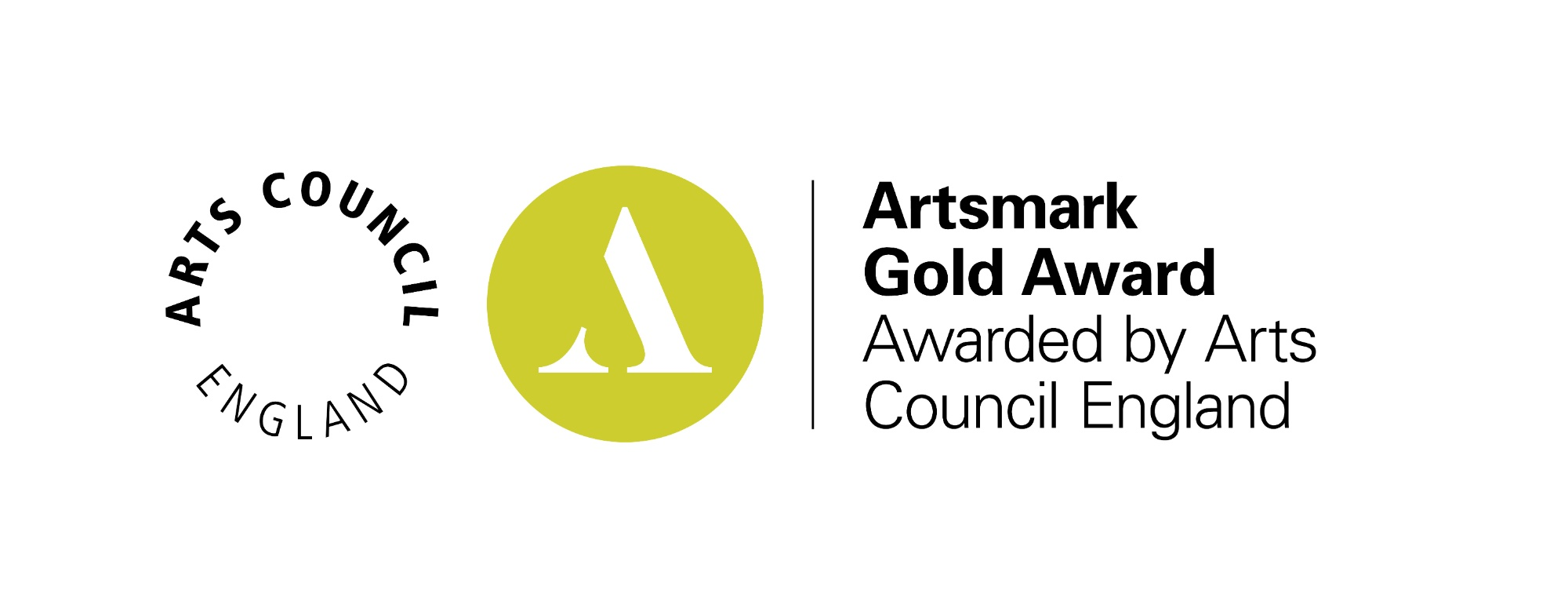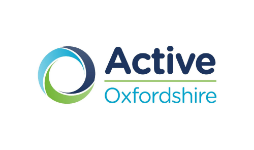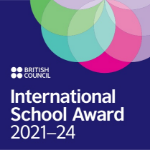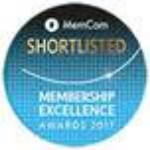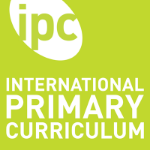Science
Science Narrative
In Foundation Stage, Bure Park pupils develop their scientific understanding of the world through child led learning and access to continuous provision. The aim is to inspire the children to show curiosity, ask questions about aspects of their familiar world and environment and to comment on what they notice. In order to do this, they are given first hand experiences which enable them to investigate and explore, using their senses and learn to take risks when solving problems through trial and error. Children are encouraged to show care and concern for living things and to make careful observations of animals and plants and to notice patterns and changes over time. They regularly use the school grounds to explore nature and to give the children first-hand opportunities experience their environment. This encourages them to talk about why and how things happen and how things work using creative and critical thinking to develop their ideas. The children’s learning is continuously assessed by early years practitioners and captured through pictures, quotes and some informal recorded work both individually and collaboratively.
Throughout Key Stage One, the children continue their scientific education through regular weekly lessons which encourage collaborative discussion in order to help develop their use of simple scientific language and communicate their learning to a range of audiences in different ways. Children are encouraged to develop their curiosity further by looking closely at the natural and human features around the world. Bure Park children develop an understanding of scientific ideas through exploring and using different types of scientific enquiry, including many first hand, practical experiences. There is a focus on asking questions and these are captured by adults directly and the answers explored together. Children are encouraged to recognise that questions can be answered in different ways and that all of their ideas and questions are valued. Children’s learning is recorded in a number of ways including individual books, pictures, and more recently a collaborative approach using floor books.
During Key Stage Two, children broaden their scientific view of the world around them through, exploring, talking about, testing and developing ideas about everyday phenomena. Children are given opportunities to ask their own, relevant questions about what they observe, drawing on their previous knowledge of subjects through retrieval activities, to support them. They are given more ownership of decisions about the type of scientific enquiry they will follow in order to answer their questions. Through this key stage, children continue to develop their observational skills and aim to develop a systematic approach when taking and recording measurements. They are expected to use standard units of measure and a range of equipment with increased accuracy as they move through the key stage. Pupils are also expected to gather, record and present data in a variety of ways, including drawings, labelled diagrams, keys, bar charts and tables and learn to draw simple conclusions from these, using their developed knowledge of scientific language to talk and write about what they have found out. As they progress through the key stage, they learn to record data and results of increased complexity and have to use evidence to justify their ideas. Bure Park pupils also learn to make predictions, suggest improvements as well as to formulate questions for further investigations, based on the results they analyse. Pupils currently record their work in individual books, although many tasks are completed collaboratively. The children are expected to record an aspect of their learning in a variety of ways, for example, through pictures, diagrams, tables or written explanations. Each lesson will focus on a specific outcome which meets the learning criteria.
Throughout all stages at Bure Park, the main focus of Science lessons is to ensure children have first-hand experiences and opportunity to learn about and explore the five types of scientific enquiry. Pupils will learn to make observations over time, to notice patterns and to group and classify things. They will have opportunity to carry out comparative and fair tests and will use a range of secondary sources to carry out research. They will also be taught to use different types of equipment effectively and how to take accurate measurements.

